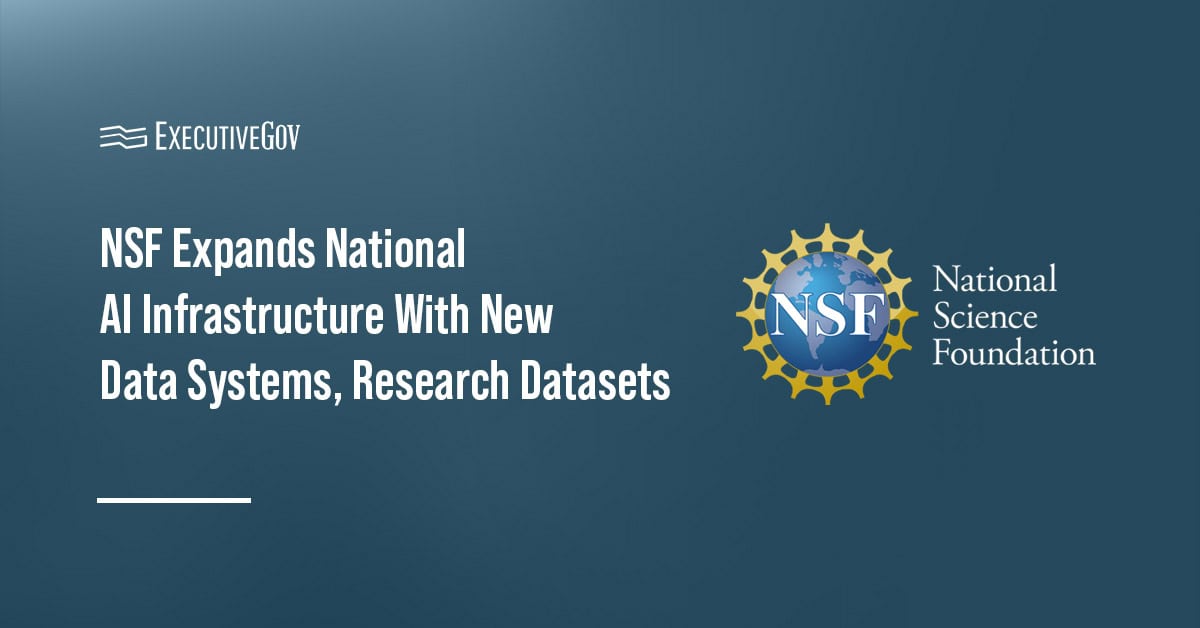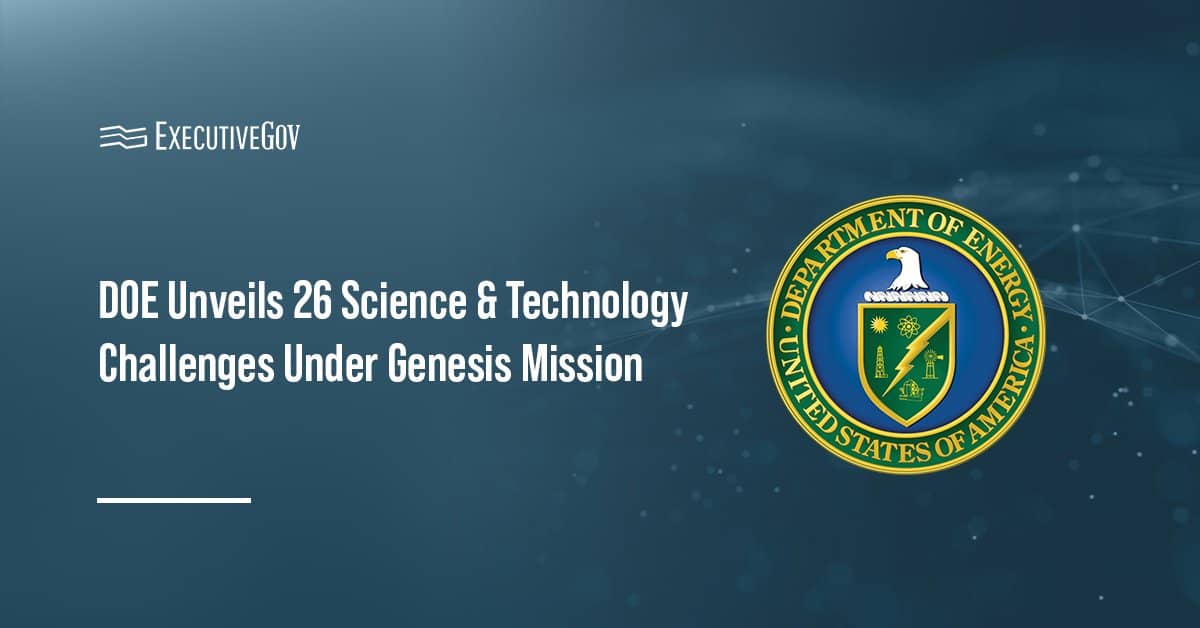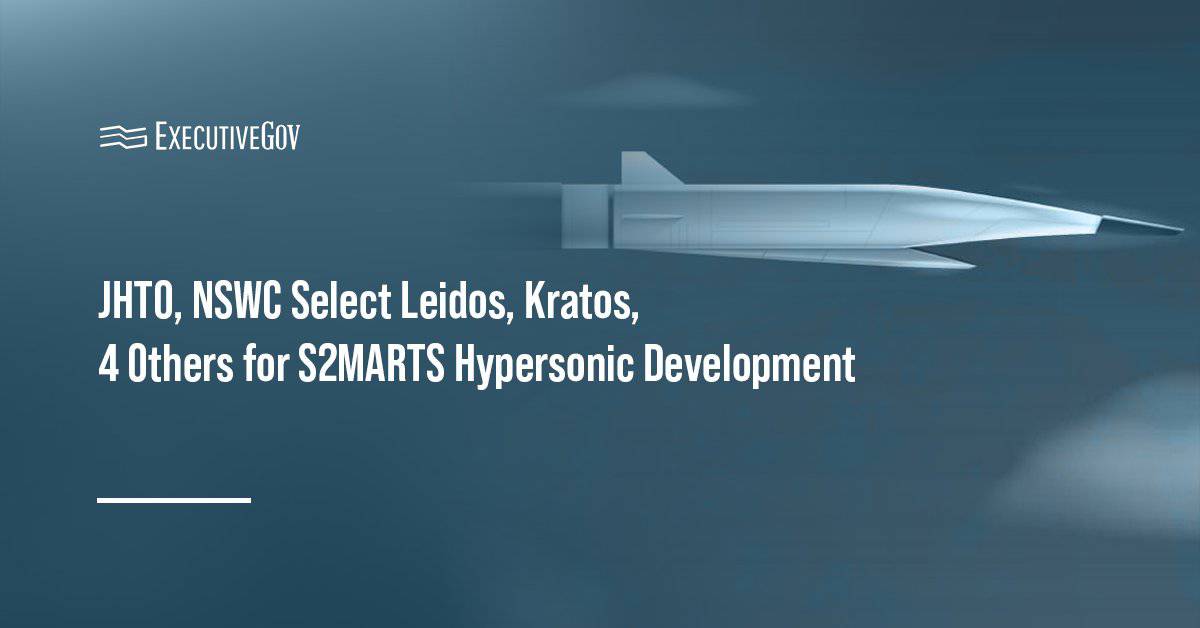The National Science Foundation announced two initiatives to expand national AI research infrastructure: the Integrated Data Systems and Services program to build and operate national-scale data systems, and the selection of 10 datasets for integration into the National Artificial Intelligence Research Resource Pilot. NSF said Thursday that the actions align with priorities in the White House AI Action Plan, focused on research infrastructure and high-value datasets.
Table of Contents
Strengthening AI Research Infrastructure
NSF said IDSS fills a gap in agency programs by funding the development of national-scale data systems that interoperate with broader federal science and data efforts and allow researchers in the United States to access, use and share scientific data. The initiative is intended to connect data with computing, instruments and software to make AI development and scientific discovery faster, more reliable and more reproducible. It will also support the NAIRR Pilot and other NSF-managed programs.
IDSS Program Scope
IDSS will fund three types of projects:
- New integrative data systems designed to meet national-scale research and education needs.
- Support to scale up existing successful prototypes and regional systems to a national-level impact and performance.
- Planning grants to develop concepts for future IDSS systems and services projects.
IDSS will also fund workforce development to manage and operate the systems as part of strengthening U.S. cyberinfrastructure for AI and scientific progress.
NAIRR Pilot: Datasets to Support Education and Innovation
Alongside IDSS, NSF announced 10 datasets selected through an interagency competition to enhance the NAIRR Pilot. The datasets, which span domains such as terrain mapping, microbiome research and software supply chain security, include AI4Shipwrecks developed by the University of Michigan, Cell Painting Gallery from Broad Institute, FathomNet from MBARI and OpenTopography developed by UC San Diego, Arizona State University and the Earthscope Consortium.
NSF said the datasets will support AI skill development across education and research environments, helping grow an AI-literate workforce while expanding access to high-quality resources.
Integration Across Federal Cyberinfrastructure
The agency noted that systems and services awarded through IDSS will be integrated into the NAIRR Pilot and other NSF programs, such as the Advanced Cyberinfrastructure Coordination Ecosystem: Services and Support, to be discoverable and accessible to the research and education community nationwide.
“Data infrastructure and access to high-quality datasets are critical components of a thriving AI innovation ecosystem,” said Katie Antypas, director of NSF’s Office of Advanced Cyberinfrastructure, adding that the efforts aim to sharpen U.S. competitiveness and lay a foundation for future leadership in science and innovation.





